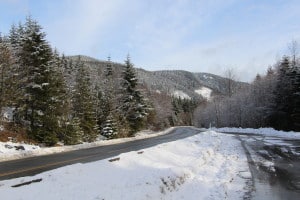 Cold weather prompts issues that need attention to recreational vehicles. Let’s look at some of the most common RV issues during winter. One of the first things, and very obvious, cold weather RV issues is tire inflation. While oxygen molecules escape through the tire’s structure slowly over time, ambient temperatures also add to the pressure loss. This requires topping up the tires at a greater frequency than that of the summer.
Cold weather prompts issues that need attention to recreational vehicles. Let’s look at some of the most common RV issues during winter. One of the first things, and very obvious, cold weather RV issues is tire inflation. While oxygen molecules escape through the tire’s structure slowly over time, ambient temperatures also add to the pressure loss. This requires topping up the tires at a greater frequency than that of the summer.
The next important thing to check is the antifreeze, or glycol. For this we will need to verify that the fluid level is up to, or near, the full marker on the expansion tank. A glycol gravity test should also be carried out to determine the actual lowest temperature that the mixture can safely operate at. This reading should be below that which the area of storage or use would ever fall to.
However, if you have a diesel powered vehicle, a glycol especially designed for diesel engines is required. These contain additives necessary to prevent cylinder sleeve pitting and internal corrosion. In these motors, the SCA (Supplemental Coolant Additive) must be measured. It is tested using a “Dip Test Strip,” available generally through your local Cummins Engine dealer. This test must be taken directly from the radiator, not the overflow or expansion tank. If the SCA count is lower than 2.5 units per gallon, additional SCA, such as Cummins recommended DCA2 or DCA4 must be added. Alternatively, a SCA supplement coolant filter can be installed. Many people prefer to have this done by their local RV service department or authorized engine service dealer. Failure to maintain this additive balance can lead to severe engine damage.
The propane water heater and house furnace should be checked for proper operation. Cleaning the ignition prongs of carbon build up on these items can prevent non-starts and help ensure heat when needed. If your unit is equipped with a hydronic system such as Aqua-Hot or Oasis, the nozzle should be replaced, as should the fuel filter. During this service a general cleanup of the fire box and optical eye glass must be done.
The main engine and the generator oil and filter also should be changed at this time along with completing a chassis lubrication. An inspection of the tires and visible running gear is a good idea, too. It is far easier to do this prior to the colder weather arriving.
Now, don’t forget to drain and dump all tanks if below freezing weather will be expected. Along with this, the water system will require flushing with air pressure or RV antifreeze. Do not forget the washing machine, shower, and toilet. Additionally, pour some antifreeze into the drains to protect them from damage.
You may choose to do some of this work yourself, or perhaps, leave it to your local RV dealer. It’s up to you. Either way, when it is done you can relax and enjoy.

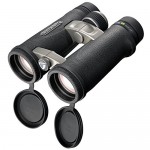
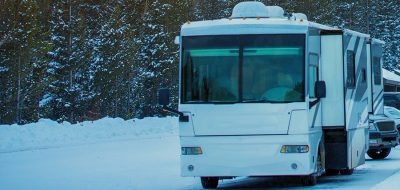

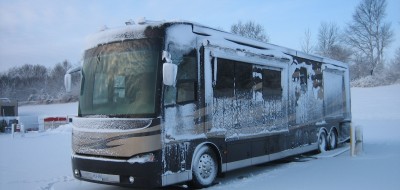
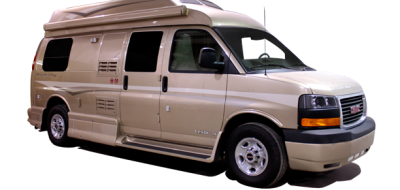
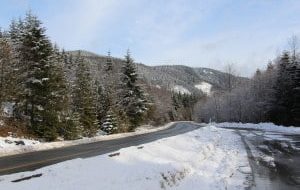
Nugroho Wahyu Wibowo
Hello i just want to share the best knife i ever saw for camping and survival. If you are interested please see link below http://www.bit.ly/pocketcardknife.com